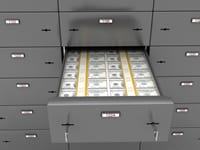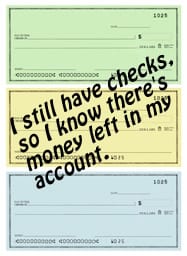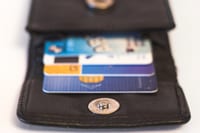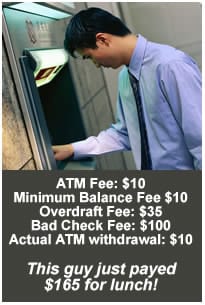 With banks failing at record numbers, you want to make sure that you keep you money safe With over 100 banks failing this year alone, you want to make sure your money is safe in the bank After all you worked hard for it and you shouldn’t lose it because your bank fails.
With banks failing at record numbers, you want to make sure that you keep you money safe With over 100 banks failing this year alone, you want to make sure your money is safe in the bank After all you worked hard for it and you shouldn’t lose it because your bank fails.
The FDIC (Federal Deposit Insurance Corporation) insures bank accounts and the NCSIF (National Credit Union Share Insurance Fund) insures credit unions These two government agencies will reimburse you if you bank with one of their insured banks / credit unions up to their limits.
This is what you personally have to do First make sure you are banking with an FDIC or NCSIF institution You would check this out by going to www.FDIC.gov and then clicking on the Deposit Insurance tab and finally on Bank Find Here you can look up your bank to see if they are part of the program If not, move your accounts to a bank or credit union that is insured.
If you are at a bank that is insured, you need to make sure you accounts are covered with the limits If you have more than $250,000 in one bank (that includes all the different bank locations), then you need to check to see if you are covered or need to move part of you money into bank Take these steps so that your money is secure and is there when you need it.








